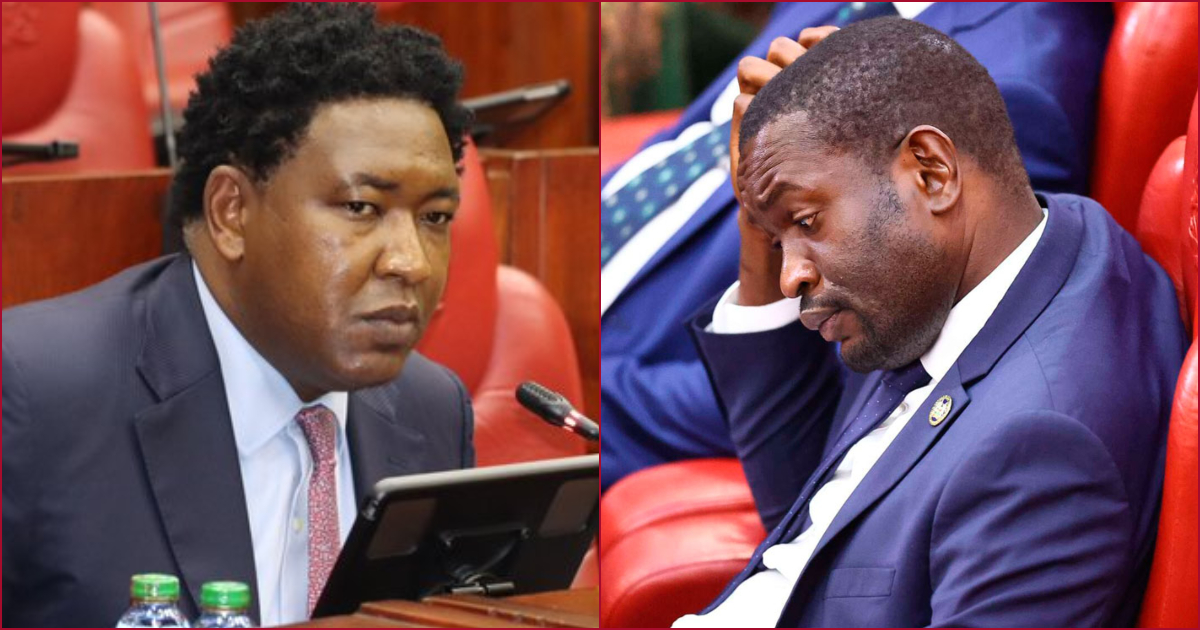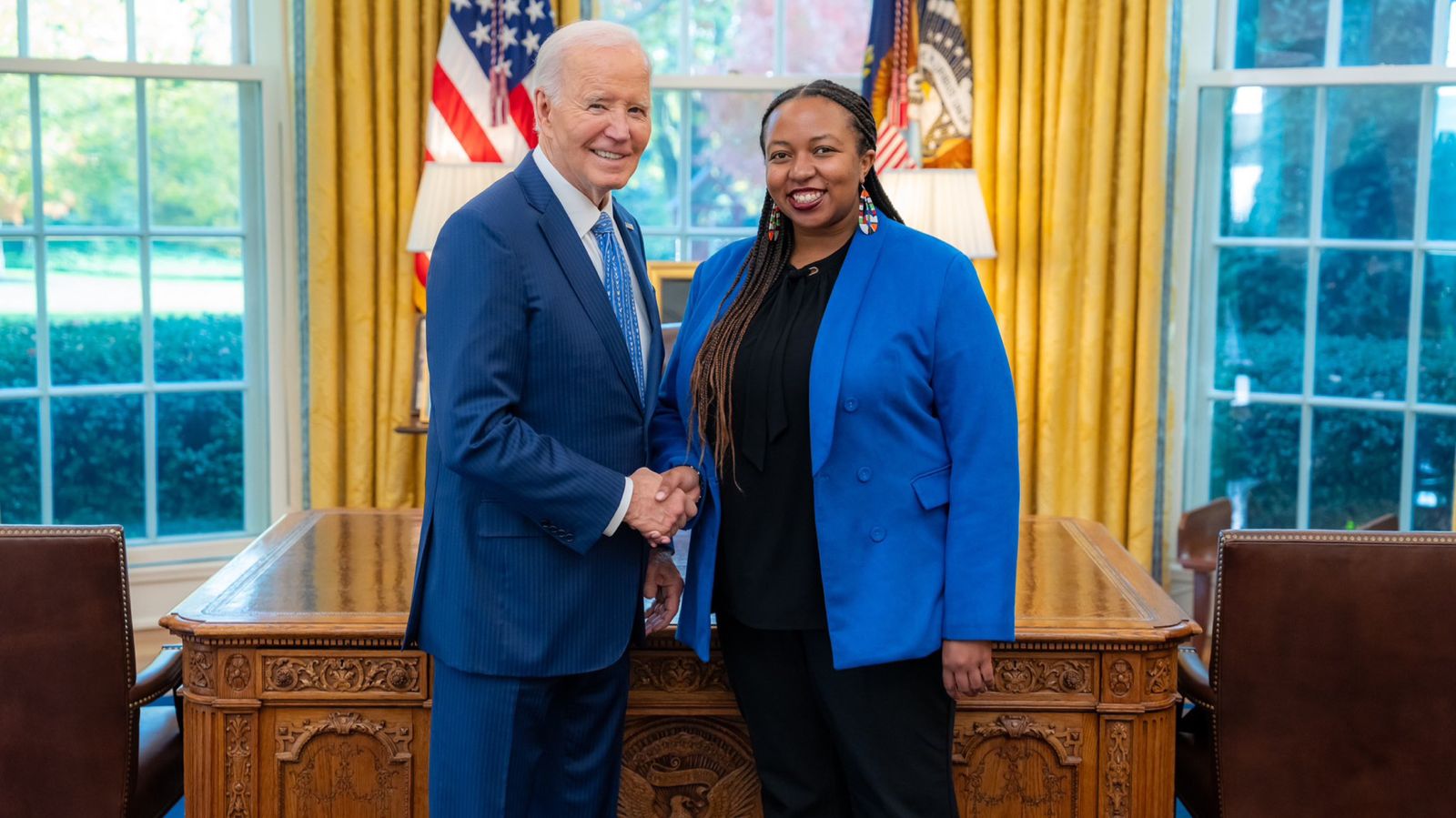Nairobi senator Edwin Sifuna and his Narok colleague Ledama Olekina were hit by public rage after their joint efforts to pass an amendment to the Conflict of Interest Bill, 2023.
Ledama tabled the amendment in the Senate to allow state officials to do business directly with the government.
Sifuna was among the 25 senators who in May, passed the amendment, which was referred to the National Assembly for approval before President William Ruto's assent.
Their moves angered Kenyans, who questioned their integrity after being on record castigating bad governance on the side of the current regime.
The rage by Kenyans came after the Ethics and Anti-Corruption Commission (EACC) came out all guns blazing at the Senate which it accused of crippling its fight against corruption.
Read More

But in their defence, the two senators accused the EACC of misleading the public.
According to Sifuna, the anti-graft body was still at liberty to prosecute anyone implicated in a conflict of interest, the new law notwithstanding.
"Outrage is good lakini can we agree that it needs to be informed outrage. The EACC is over sensationalizing the Senate Amendments to cover their own failures. The law in Kenya still gives the commission power to prosecute anyone for conflict. I’ll find time to explain the amendments we voted for. One by one," said Sifuna.
On his part, Ledama faulted the EACC for what he said was its ineffective fight against corruption.
The senator suggested the anti-graft agency had failed in its mandate and was thus seeking scapegoats to cover for the failures.
"EACC is doing what they do best ! Talk talk and talk about nothing … let them continue exposing their fakeness! They seem to be high on meth,but soon they will come down!" he said.
The initial contents of the said bill barred any public officer from dealing with a state entity in a contractual relationship for supply of goods, services or works.





